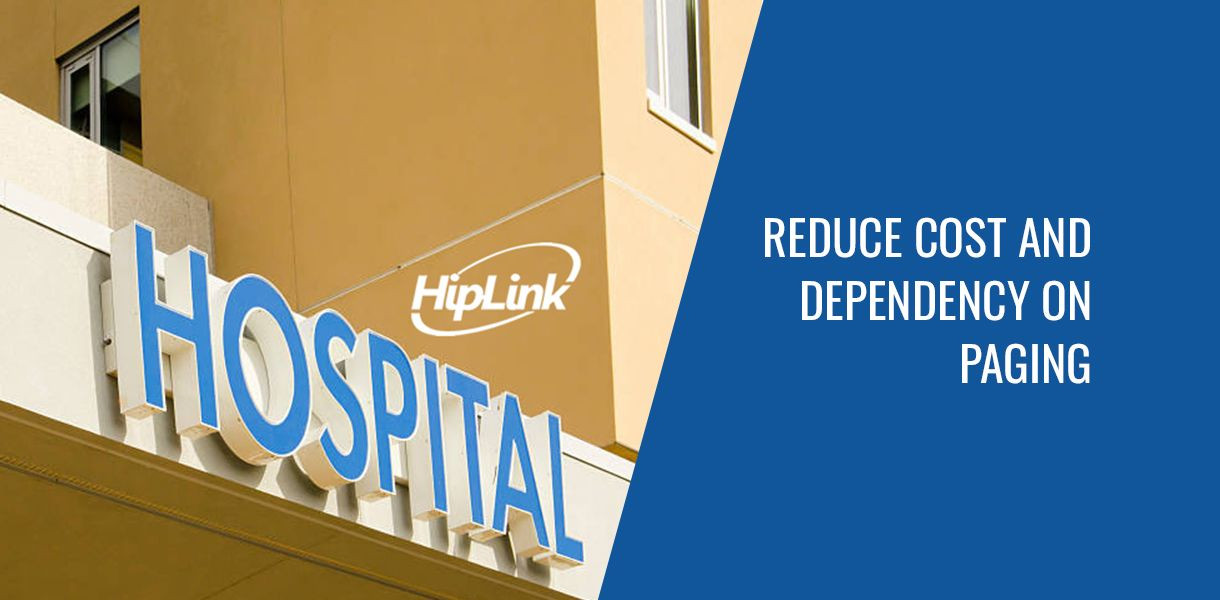Saving lives is one of the main purposes of a hospital. In order to fulfill this purpose, a hospital must have clear communication. Healthcare providers work together and are constantly in communication in order to provide the best healthcare possible. However, trying to manage multiple pages can cost both time and money. One hospital found a solution to this problem and it’s saving them in a big way.
The Problem
Within the hospital, pagers are used for communication between the staff. For example, caregivers often page doctors for the needs of multiple patients. This requires doctors to manually check on each patient in two ways. They must make sure that the patient being paged about is either getting covered by another specialist, or decide whether they need to go take care of the needs of that patient themselves.
One hospital realized that this process was taking up to 20 minutes of time and costing the hospital. During this time, the doctors were not taking care of patients and were costing the hospital money for standing around trying to make sure that each patient was covered. While this seems like a short amount of time, on average a healthcare worker goes through hundreds of these incidents per year. The time adds up. These incidents ended up costing this hospital tens of thousands of dollars every year.
To try and solve this problem, they used an outside paging service, but this service alone cost thousands of dollars per month. In order to solve this problem, the hospital needed a way to repeat messages to unanswered pages and involve a backup resource after that. By not requiring each person to manage their pages, the caregivers would be able to tend to the next emergency or task. This would significantly cut expenses for the hospital and would reduce the amount of dependency on outsourced paging services.
The Solution
HipLink provides an easy way to configure the hospital's unique process for patient coverage of several types of emergencies. In action, HipLink sent pages multiple times, provided grouping, and escalation functions. This means that caregivers were no longer wasting time managing their own pagers. They were able to continue on with their work with the assurance that patients in need were still getting help. They also provided multiple messengers so that they weren’t just relying on one system to communicate.
The Results
By using HipLink, this hospital was able to reduce their monthly expenses. Moreover, they were also less dependent on an outside paging agency for their run practices. HipLink also improved their patient response time, lowered operation costs, and increased productivity. It’s estimated that because of HipLink, this hospital saved over $100,000 during their first year of use.
Time is so important in a hospital. Wasting time can cost mass amounts of money and lives. By using HipLink, this hospital was able to make comprehensive improvements. They made more money, wasted less time, and saved more lives. This is why this hospital, along with many others, have implemented HipLink into their business.



